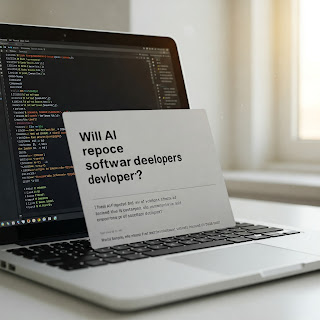Google’s AMIE AI Revolutionizes Medical Diagnosis with Visual Intelligence

Google has unveiled its latest project: AMIE – Articulate Medical Intelligence Explorer, which is a groundbreaking step in AI-powered healthcare. Unlike traditional AI assistants that rely solely on text-based interactions, AMIE is designed to view and interpret visual medical data – from rashes to electrocardiograms (ECGs). Imagine: You have a rash on your skin. Instead of vaguely describing it to a chatbot, you upload the image and AMIE instantly provides a diagnostic interpretation. Or you share your ECG and AI detects potential heart problems just like a specialist would. This developer is poised to transform telemedicine, especially in remote or underserved areas where access to healthcare professionals is limited. The AMIE system uses advanced deep learning algorithms trained on vast datasets of medical images and clinical records to improve diagnostic accuracy and patient outcomes. Why this matters to buyers and sellers in the tech and healthcare sectors: HealthTech investors ca...



















